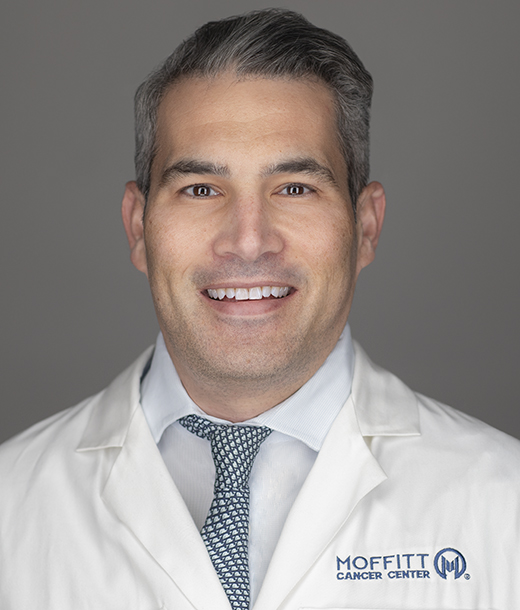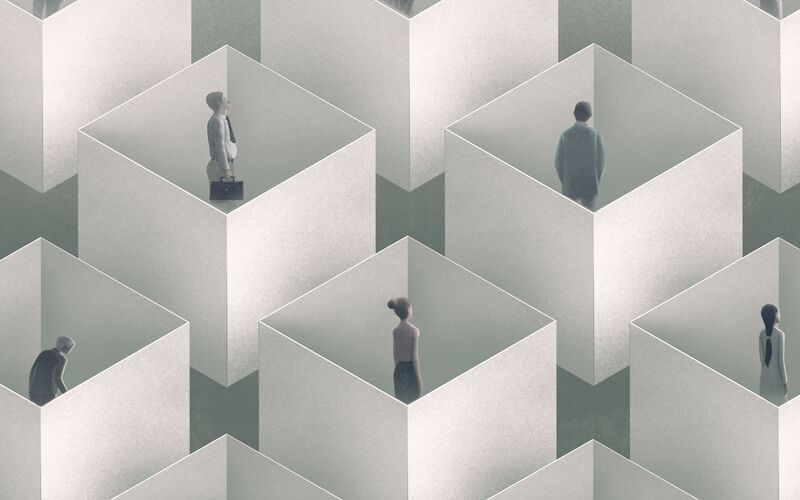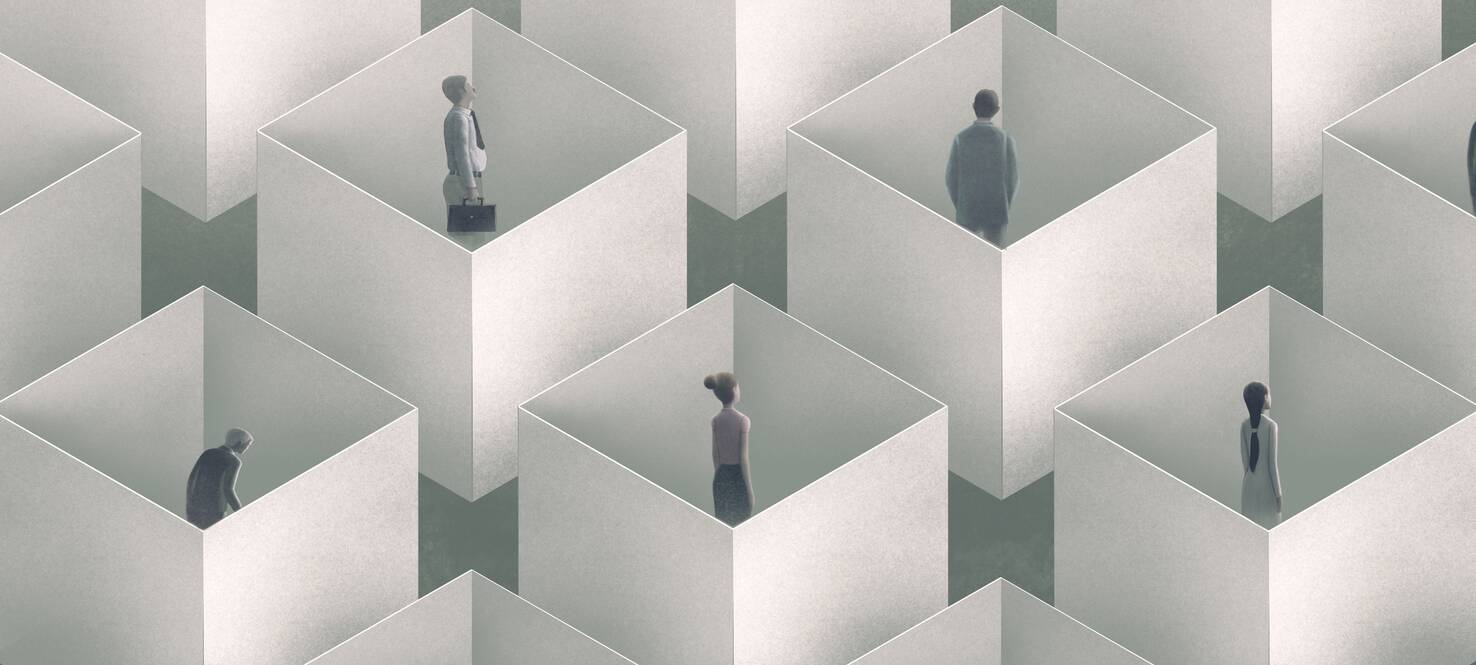The Healing Power of Connection in a Digital Age
Technology is reshaping medicine, and artificial intelligence is increasingly part of the conversation. But when it comes to healing — especially in the realm of mental health and cancer care — one Moffitt Cancer Center expert reminds us that the future of health care will always hinge on one thing: human connection.
“The magic of therapy is connection,” said David Buxton, MD, chair of Supportive Care Medicine at Moffitt. “We heal through relationships. We don’t survive without others as we are pack animals. A fundamental part of human experience is founded on attachment.”
Buxton acknowledges the growing role of artificial intelligence in health care. Patients already turn to AI during moments of fear, loneliness or late-night anxiety. And while he sees potential for AI to extend access offering coping strategies or answering practical questions when no one else is available, he stresses that machines cannot replace the empathy, trust and hope that come from human bonds.

Support in Many Forms
For cancer patients, the difference is profound. Surrounded by nurses, caregivers and fellow survivors, patients often draw strength and optimism from the energy of others. In contrast, when alone at night, uncertainty can set in: Is my treatment working? What will happen to my family if I don’t survive? These questions, Buxton notes, are rarely soothed by technology alone.
This is why survivorship communities, peer support and therapeutic relationships are so powerful. When patients are vulnerable and share openly with another person, walls come down and healing begins. “There’s an immediate bond that happens,” Buxton said. “It is honoring and understanding that you’re not alone with your cancer experience.”
AI Regulations
The debate is growing nationally. Illinois has already passed legislation banning AI from serving as a replacement for licensed therapists, a move Buxton views as both necessary and inevitable. Cases of AI use where ChatGPT potentially contributed to suicidal ideation or delusions highlight the risks of unregulated technology in mental health.
ICYMI, a new law signed by @GovPritzker bans the use of AI therapy in Illinois. Patients deserve quality healthcare from real, qualified professionals and not computer programs that generate responses that could harm patients.https://t.co/TV3HRKvI50
— IDFPR (@IDFPR) August 10, 2025
Still, Buxton does not see regulation as the end of innovation.
Even as Moffitt explores possible tools like AI-enabled text messaging to answer routine questions or ease symptom management, Buxton emphasizes the distinction between transactional help and healing connection. AI may assist a patient managing nausea at 2 a.m., but it cannot replicate the comfort of a hand extended in empathy or the reassurance of a fellow survivor saying, “I’ve been there too.”
In the end, Buxton sees technology as a supplement, not a substitute. He added, “Every religion, every philosophy tells us the same thing — we’re wired for connection. And while technology can support us, real healing happens in relationships.”




